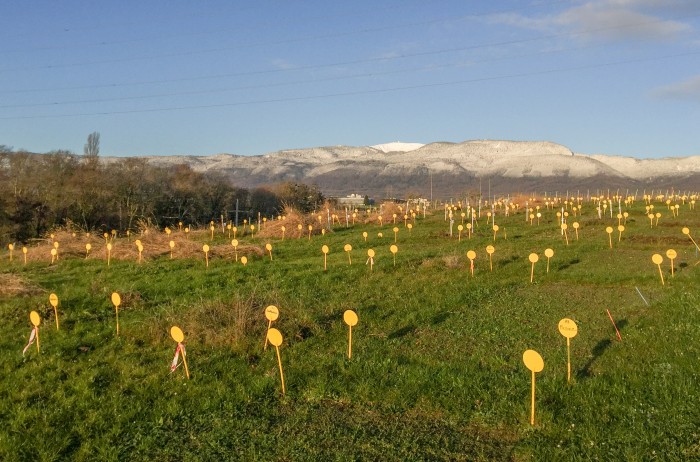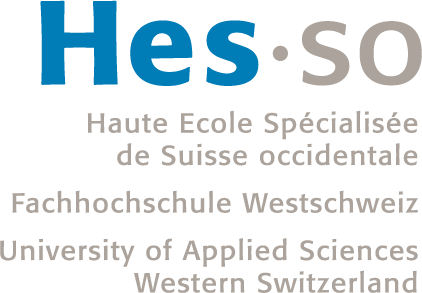
Alternative zu Glyphosat: allelopathische Ökotypenselektion für ein nachhaltiges und ökologisches Unkrautmanagement im Wein- und Obstbau
Federal Council just proposed, in its plan action on phytosanitary products (PP), a large reduction of the use of herbicides in agriculture by 2020. At the same time, a popular initiative, currently in progress of collecting signatures, aims at a total ban of synthetic PPs in Switzerland. The need for alternatives to pesticides stems from environmental and societal reasons: health risks, water pollution, loss of biodiversity. Zu den umstrittensten Molekülen gehört Glyphosat, das weltweit und in der Schweiz am häufigsten eingesetzte Pestizid. Eine der Hauptanwendungen ist die Unkrautbekämpfung in Sonderkulturen (Weinberge, Orchideen, Kindergärten). In der Schweiz werden 80% dieser Kulturen mit Glyphosat behandelt, vor allem für den Anbau in der Reihe der Kulturpflanzen, da es keine zufriedenstellenden Alternativen gibt.
Ziel dieses Projekts ist es, eine alternative Methode zu Herbiziden zur Bekämpfung von Unkräutern auf dem Dachboden zu entwickeln: die Anlage einer Pflanzendecke, die nicht sehr wettbewerbsfähig und allelopatisch ist. Diese letzte Eigenschaft ist typisch für viele Pflanzenarten, die sekundäre Metaboliten synthetisieren und in die Umwelt freisetzen, die die Keimung und das Wachstum von Nachbarpflanzen hemmen. Wir beabsichtigen, eine erste Auswahl von Arten und Ökotypen zu treffen, die optimale Eigenschaften für unsere Anwendung aufweisen: reduzierte Größe und Vitalität sowie allelopathische Eigenschaften. A better understanding of the phenomenon and molecules involved should allow to solve the main difficulties faced in the insallation of a vegetal cover on the cavaillon: it must be sustainable and allows proper control of aggressive weed flora, while remaining weak and uncompetitive to the crop. In diesem Projekt schlagen wir vor, in vitro Biotests zu entwickeln, um Moleküle zu erkennen, die potenziell an den phytotoxischen Wirkungen von Pflanzenextrakten beteiligt sind. The active fractions will be separated by chromatography and the molecules of interest will be analyzed by LC-MS/MS and NMR to determine their structure. The knowledge of metabolites as well as the genetic variability of their production will open up prospects for the creation of highly allelopathic lines; an approach that can interest industrial partners (seed companies).
2018 - in progress
Partner: Hepia und HES-SO Wallis
Funding: HES-SO


